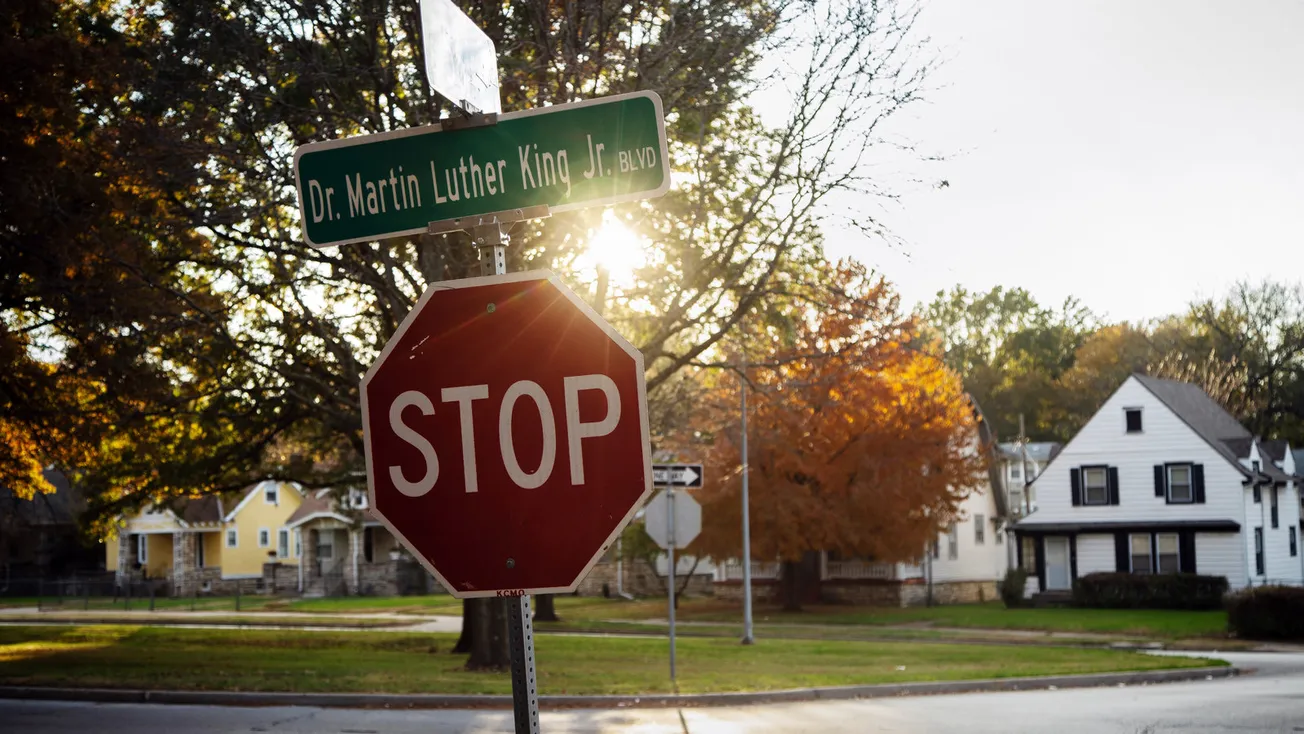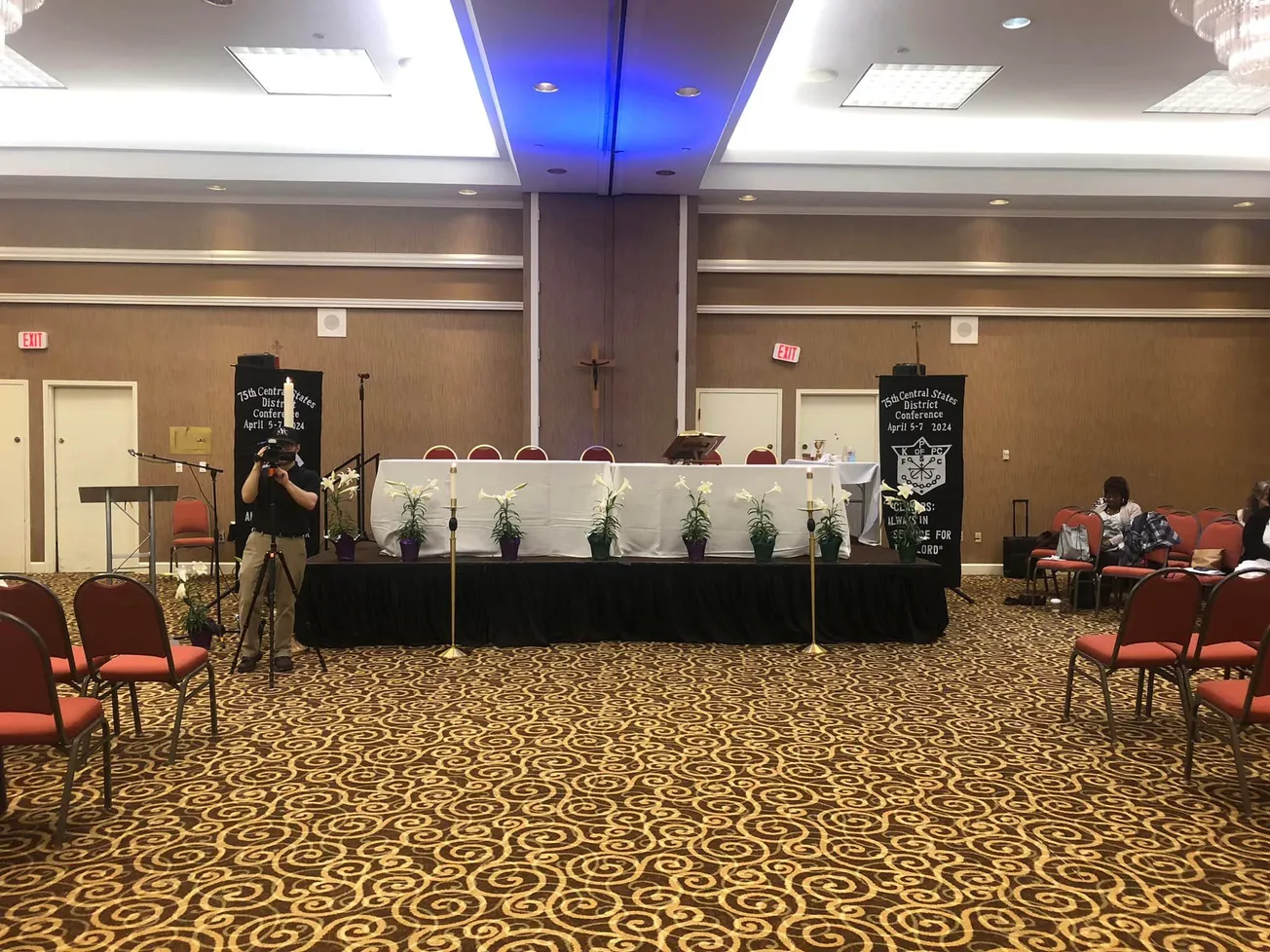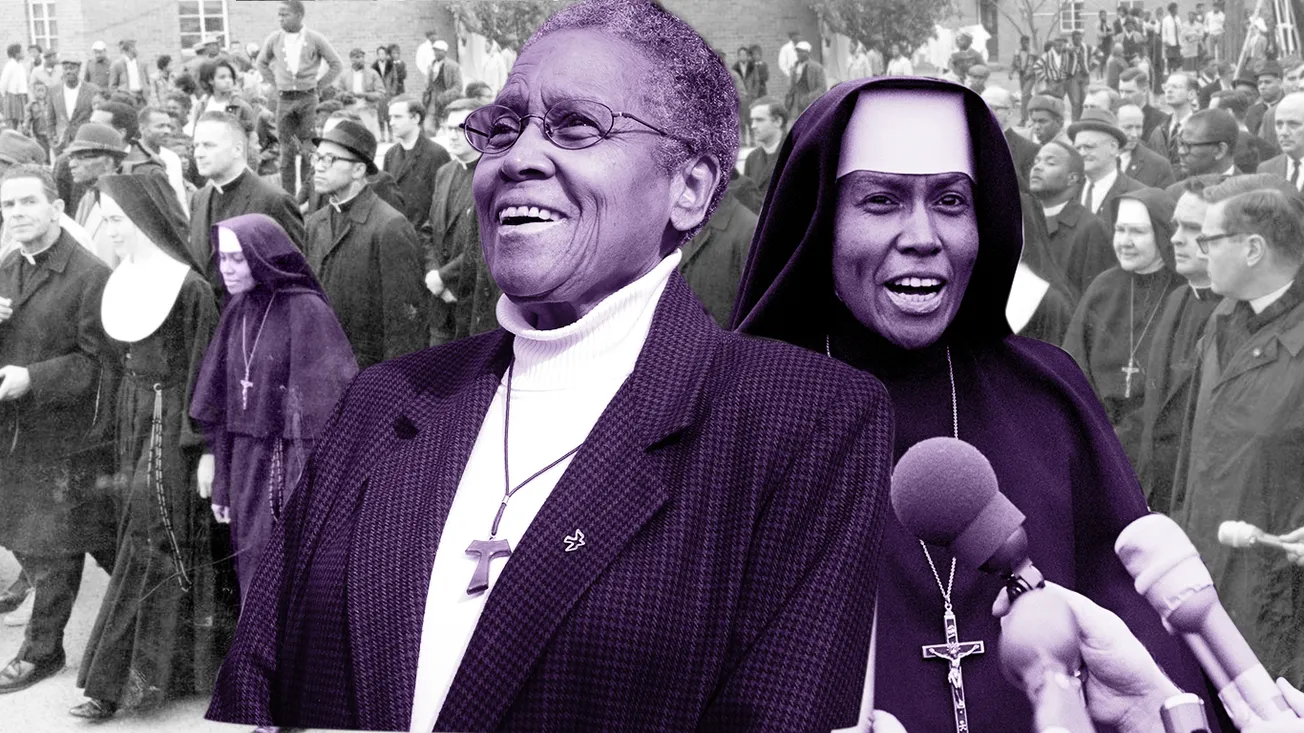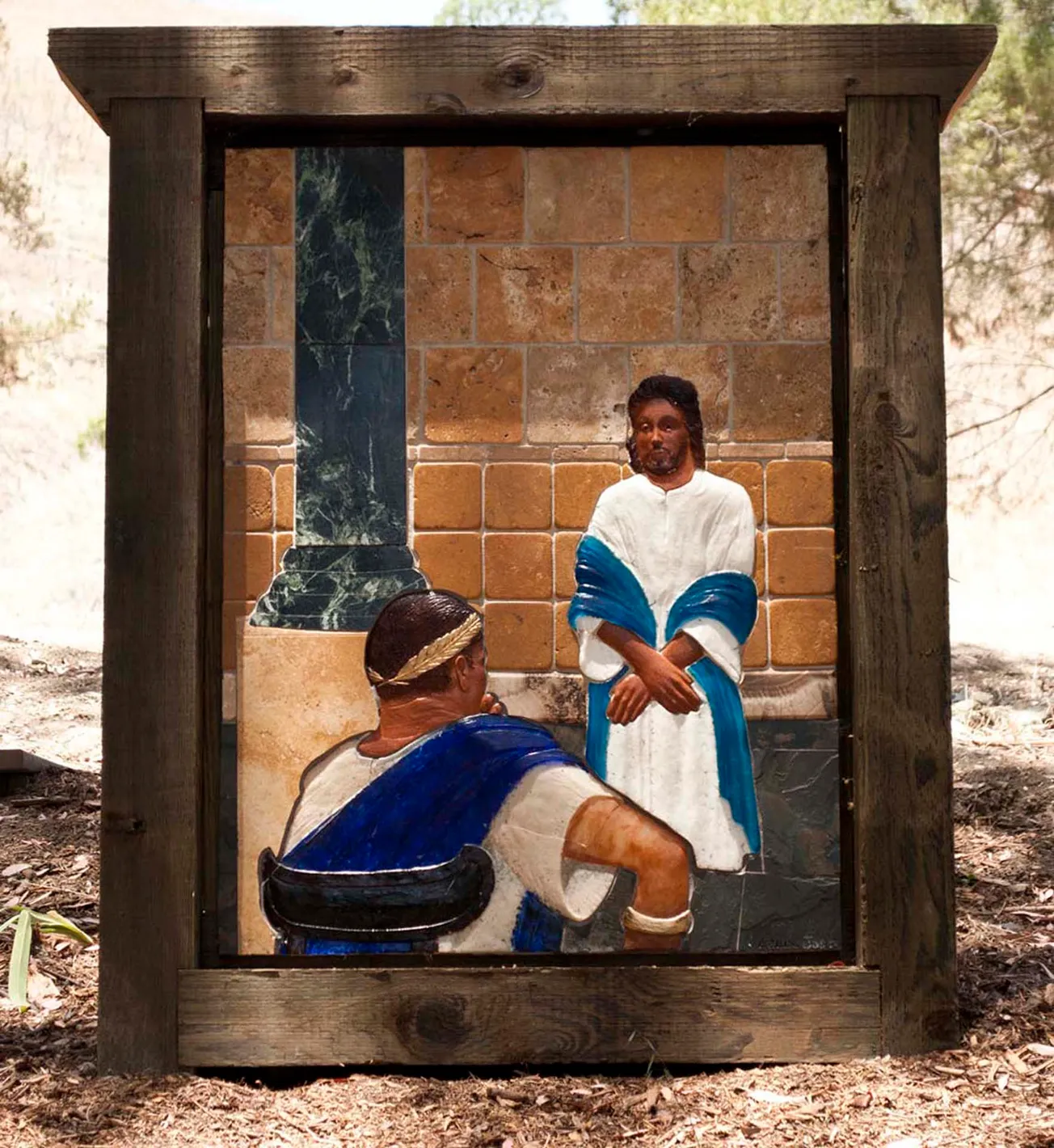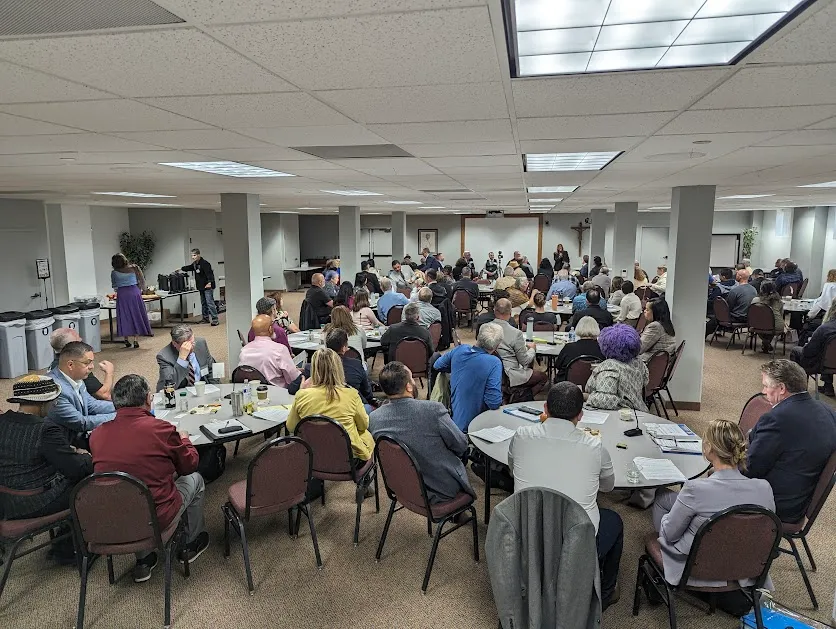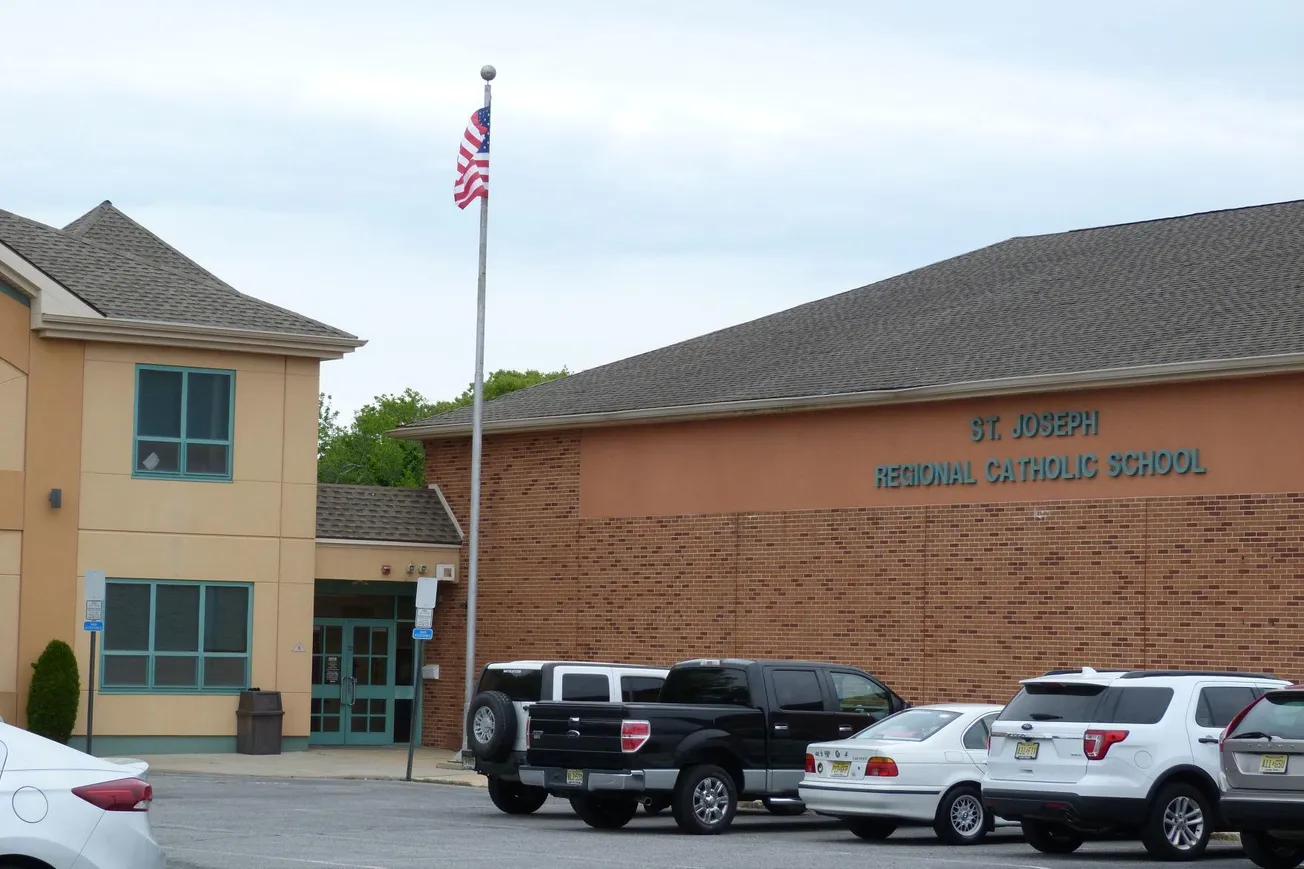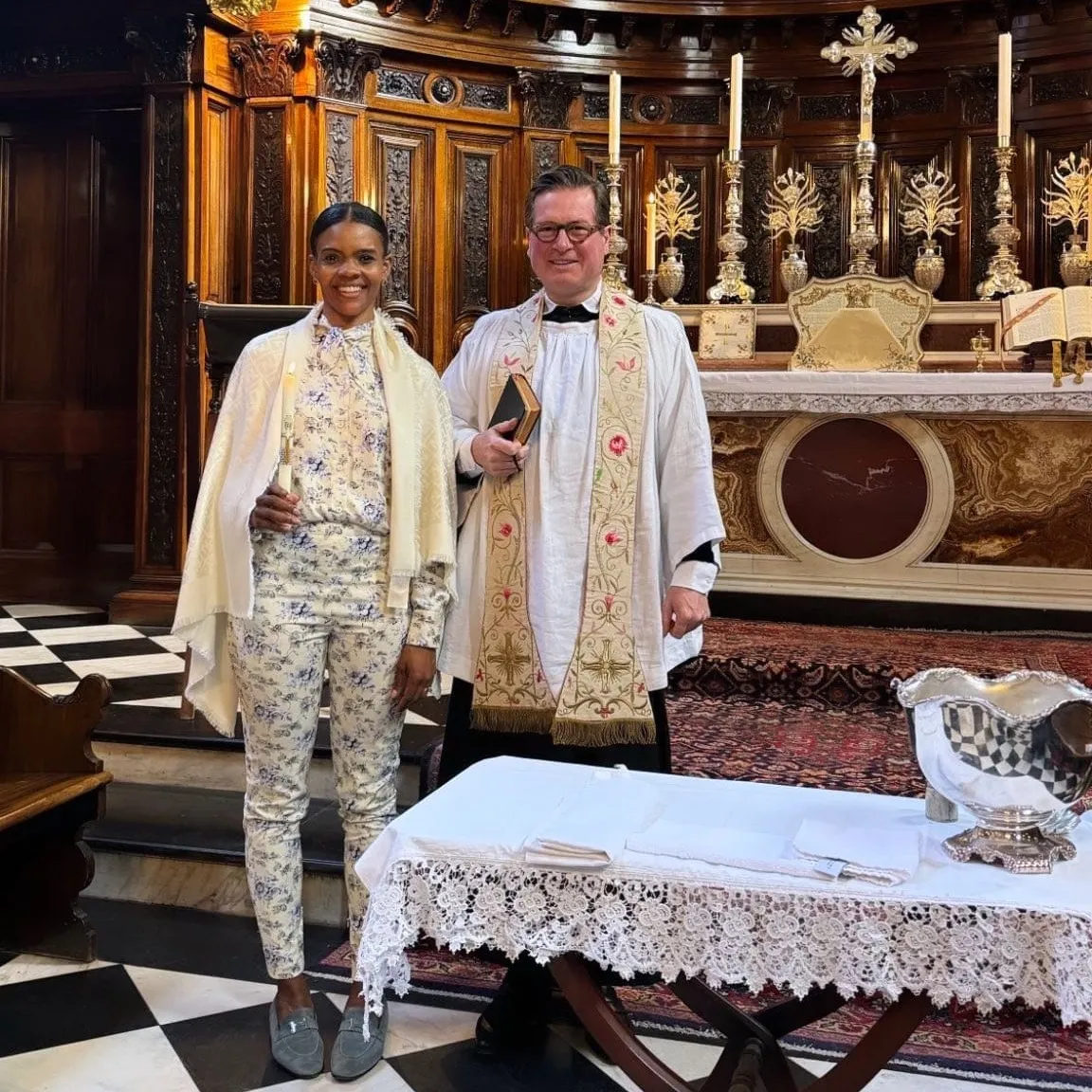On the heels of the 2023 National Black Catholic Congress in July, we celebrated the 60th anniversary of Dr. Martin Luther King Jr.’s statement about a mountaintop experience, much like the Transfiguration of Jesus before Peter, James, and John. Now, cardinals and delegates are preparing to gather in Rome for Pope Francis’ 2023 synod. Our own bishops are planning for the National Eucharistic Congress in 2024. The message that we are hearing in our neighborhoods is what I share here: We wait in joyful hope.
Not only are we called to celebrate, but we are called to also live the dream. On that hopeful day in August 1963, Dr. King spoke of the dream’s fulfillment:
“Now is the time to make justice a reality for all God’s children. It would be fatal for the nation to overlook the urgency of the moment.”
African Americans, especially the young, and those who are true to living in the one, holy, catholic, and apostolic Church are battle-weary. Why? Well, look here:
- We picked the “cotton that was king” to fund the Industrial Revolution.
- We marveled at the great halls of government in the nation’s capital because we built the city.
- We used our ingenuity to create labor-saving and income-producing equipment even though we could not hold patents for our work.
Think of “We Shall Overcome.” It is a song from our past. Why? Because we have already overcome two centuries of enslavement, nearly 100 years of Jim Crow, and our national history of segregation. Our “why” goes deeper still as our people strive to love as Jesus loved and be obedient in his Church.
Our Catholic prelates reemphasized their commitment to the poor in this excerpt from “Brothers and Sisters to Us: U.S. Bishops’ Pastoral Letter on Racism in Our Day”:
“Our words here are an initial response to one of the major concerns that emerged during the consultation on social justice entitled “A Call to Action,” which was part of the U.S. Catholic participation in the national bicentennial. The dialogue must continue among Catholics of our country… There must be no turning back along the road of justice, no sighing for bygone times of privilege, no nostalgia for simple solutions from another age. For we are children of the age to come, when the first shall be last and the last first, when blessed are they who serve Christ the Lord in all His brothers and sisters, especially those who are poor and suffer in justice.”
Celebrating Dr. King includes living out his credo, which is consistent with our Catholic social teaching, guiding us to provide preferential treatment to the poor and disadvantaged. His dream included this:
“I choose to identify with the underprivileged, I choose to identify with the poor, I choose to give my life for the hungry, I choose to give my life for those who have been left out of the sunlight of opportunity. [. . .] This is the way I’m going. If it means sacrificing, I am going that way. If it means dying for them, I am going that way, because I heard a voice saying, 'Do something for others.'”
The 60th anniversary of the dream is part of our faith action. Each current event in our time—the Synod, the Congress, the Eucharistic Revival—is also a call, and not just for bishops, priests, deacons, and professed religious. These events are clarion calls for those of us who are called to live the “priesthood of the baptized.” On the 20th Sunday of Ordinary Time, we could have been reminded by Dr. King’s words that these celebrations are nothing more than a call to live out Isaiah’s prophecy:
“Observe what is right, do what is just; for my salvation is about to come, my justice, about to be revealed”
(Isaiah 56:1)
And, as the Canaanite woman did in her encounter with Jesus in the Gospel of Matthew, we continue to petition until justice and mercy are rendered. Our witness and our participation in the conversation is like St. Peter, who witnesses to the real presence of the Christ when others are afraid, and stays in the conversation after being admonished by the Master Teacher.
This conversation ends where Dr. King began his articulation of the dream, a part of his prophetic vision that is not often recounted:
“So, we have come here today to dramatize a shameful condition. In a sense, we’ve come to our nation’s capital to cash a check. . . This note was a promise that all men—yes, Black men as well as White men—would be guaranteed the unalienable rights of life, liberty, and the pursuit of happiness.”
We wait in joyful hope because we believe Dr. King’s dream is in alignment with our call to be partners in creation with our God. Our teaching authority calls us to stand with the poor and disadvantaged. We recall Dr. King’s words on the day before he died:
“For when people get caught up with that which is right and they are willing to sacrifice for it, there is no stopping short of victory.”
We wait in joyful hope because that’s what our ancestors did even from the beginning of their arrival in the Americas. We celebrate and invite all of God’s people to celebrate the victory with us. This is our faith. This is our Church.
Deacon Timothy E. Tilghman is a permanent deacon of the Archdiocese of Washington, currently assigned to St. Teresa of Avila Catholic Church. He has two master’s degrees, one in public policy and the other in theology. He is the author of “Going to the Well to Build Community: A Pastor’s Guide to Evangelization.”



